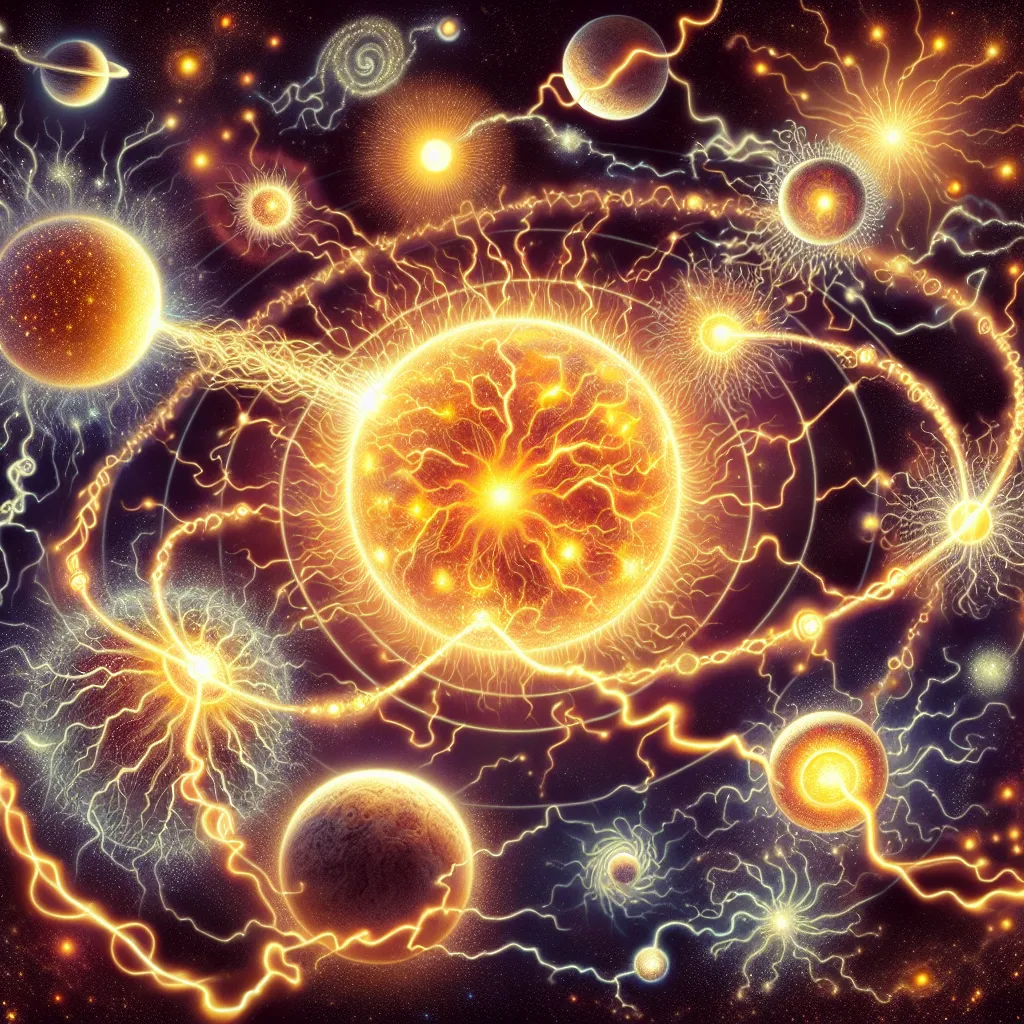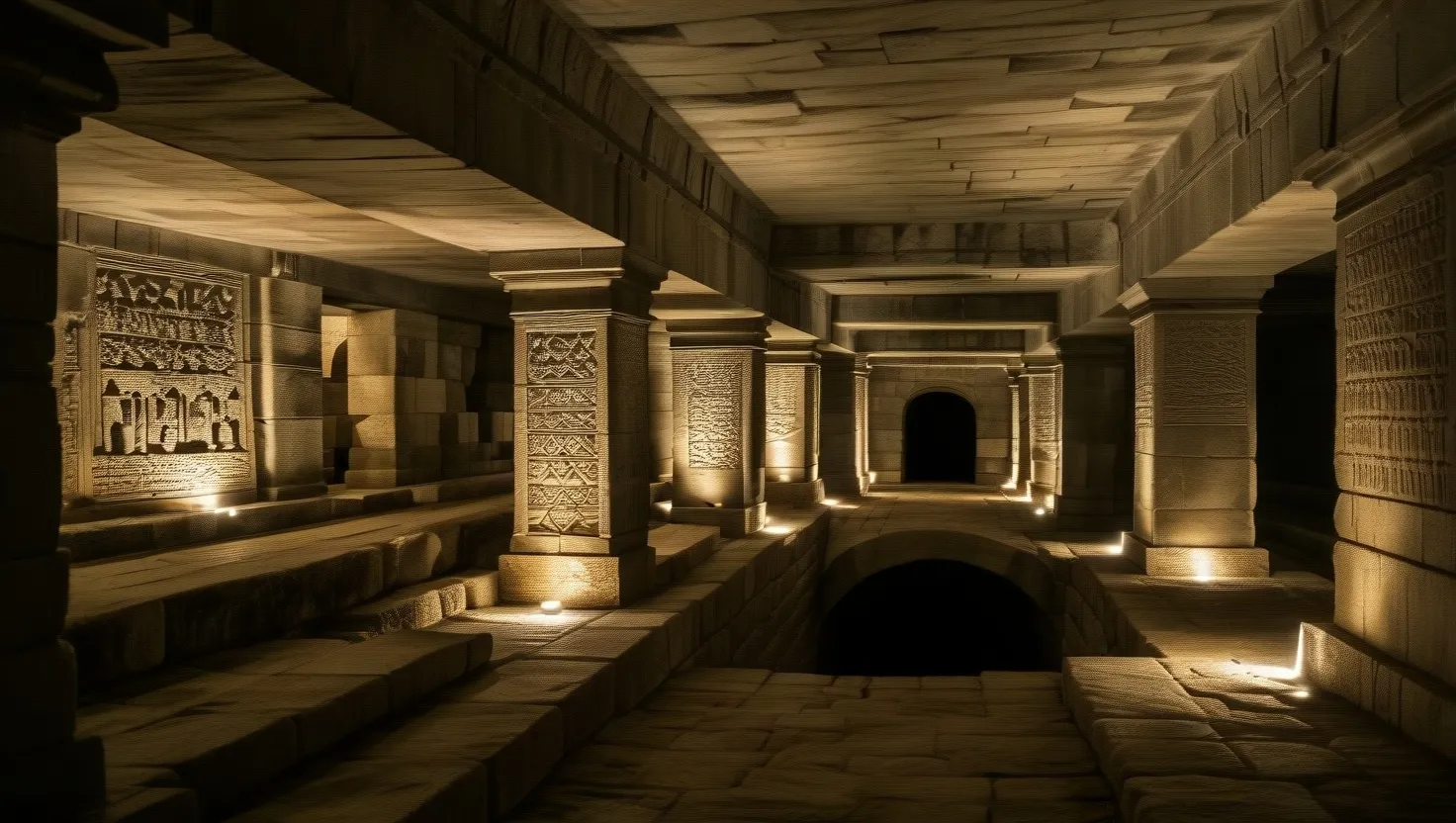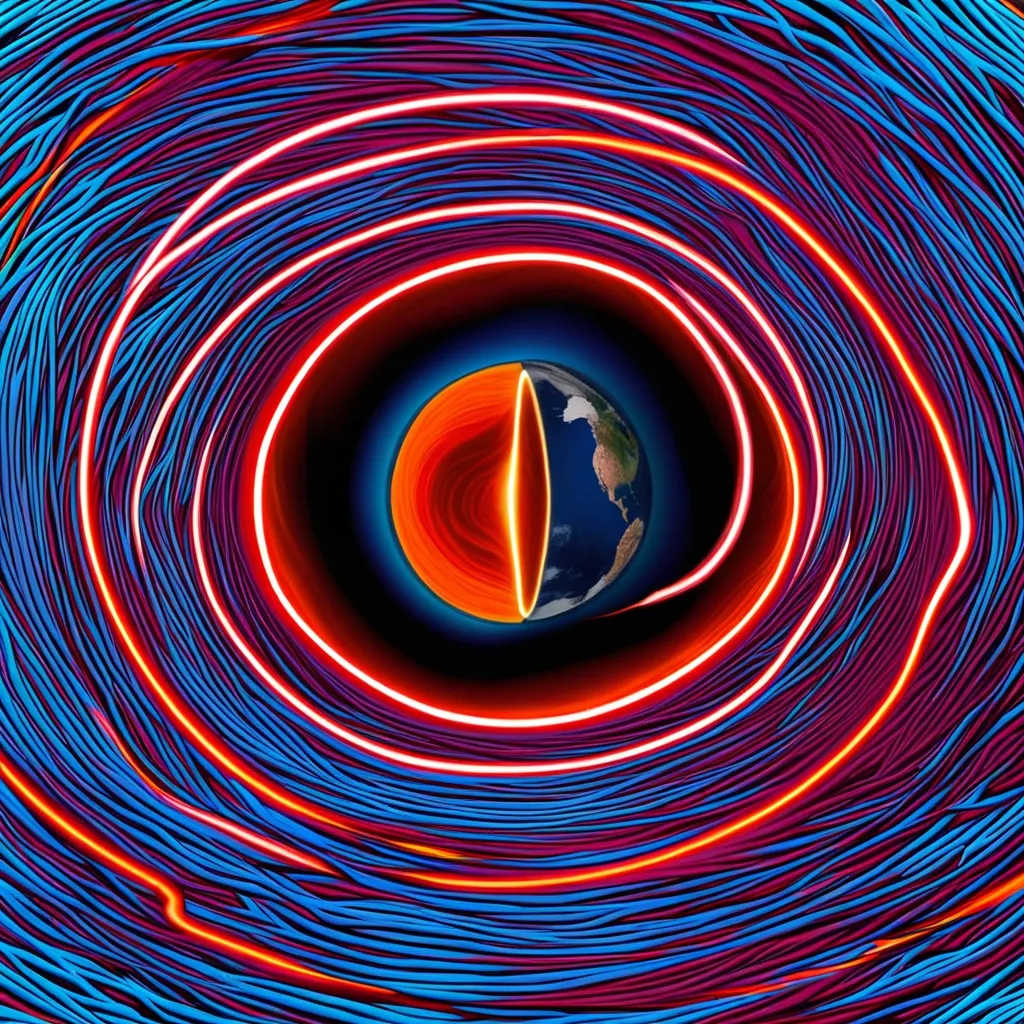What if gravity isn’t the ultimate force that keeps everything in place? Imagine if Newton and Einstein were wrong, and it’s actually electricity that binds the cosmos together. The Electric Universe theory suggests our universe runs on an immense circuit of electric currents, linking our planet to the farthest galaxies. Our ancestors hinted at this power in their legends and myths, warning us to fear the fury of planetary forces like Saturn.
Mainstream science sticks to the gravity-centric view, seeing the cosmos as governed by gravitational pulls that formed galaxies and planets as we know them. According to this view, Albert Einstein’s work on relativity in 1915 laid the foundation. Yet, even Einstein admitted there’s a problem: gravity alone doesn’t explain why galaxies don’t fly apart, given their speed and the amount of matter they contain. Some suggest an invisible force known as dark matter, but without evidence, it’s a shot in the dark.
So, could it be that our universe is held together by something else? Enter the Electric Universe theory. Proponents argue that electric currents, flowing through plasma—a state of matter making up 99.9% of the visible universe—might be the key. This electric field, massive and far-reaching, could explain many cosmic mysteries, including star formation and planetary motion.
To prove this theory, experiments like those conducted by the SAFIRE Project aim to replicate the plasma environment of stars. Their findings? They created a mini-star using only electricity, mimicking the Sun’s behavior without nuclear fusion. This suggests our sun, and perhaps all stars, might be powered by electric currents flowing through cosmic plasma.
Quantum mechanics also backs up the idea of non-local forces. Researchers have shown that entangled particles can instantly affect each other, regardless of distance, suggesting some form of communication faster than light, possibly through this cosmic plasma.
Despite promising experiments, the scientific community remains skeptical. Critics argue that proponents of the Electric Universe theory lack peer-reviewed research and often misinterpret ancient texts. However, past scientific revolutions remind us that dominant theories aren’t always correct, and suppressed ideas might hold truth.
Whether the Electric Universe theory will reshape our understanding of the cosmos or fade into the fringes of science remains to be seen. For now, it stirs our curiosity and challenges us to rethink the forces that sculpt our universe.






